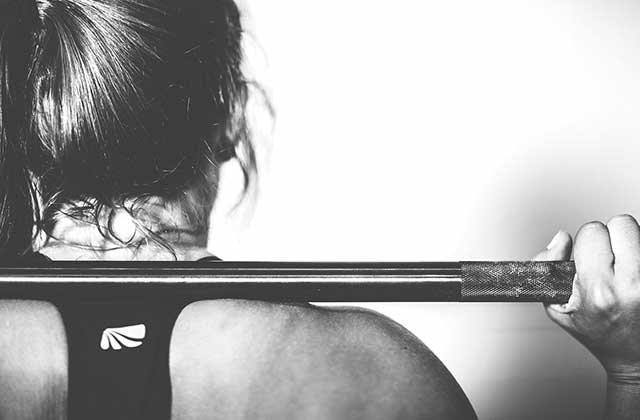Taking care of your breast should be an important part of your health regimen when you are a woman. Most of the time, we forget to take care of them because of our busy schedules. Having routine care for your breast is extremely necessary. This can minimize the health risks and enable you to have healthy and beautiful breasts.
Tips for Good Breast Health
Regular care and self-breast examination can keep you away from developing cancer and fibrocystic breast disease. Listed below are eight tips for taking care of your breasts:
1. Moisturize
Moisturizing your breasts and their surrounding area is important, just like any other part of your body. The skin on our chest is sensitive and thin. Moisturize them with creams that have rich ingredients like hyaluronic acid and cocoa butter.
2. Put sunscreen
As mentioned above, the skin in our breasts is very sensitive. Covering them with clothes does not make them any less prone to sun damage. This is why it is recommended to put on sunscreen on our breasts to protect them from skin cancer and prevent sagging.
3. Self-examine your breasts
Regularly doing a self-examination of your breasts is important because it can help you catch anything unusual about them like the development of bumps and lumps. If you don’t know how to properly examine your breast, you can ask your gynecologist. If you don’t have one, you can go to an online doctor Toronto for advice.
The best time to perform a self-examination is when you are applying lotion or when taking a bath in the shower. However, even when you monthly self-examine your breast, it is still important to visit your gynecologist once a month, especially for ages above 40 years old.
4. Mind your weight
When your weight changes, the size of your breasts also changes. This causes the skin to stretch or sag. When the skin is overstretched, it cannot always go back into shape. Over time, your breasts will begin to look saggy. Regularly exercising and maintaining a healthy weight can help you avoid this. Exercise can also aid in preventing breast cancer. Fifteen minutes of daily push-ups will make your breasts firmer.
5. Eating healthy
Eating a healthy and balanced diet is beneficial to your breasts. Prefer eating high-fibre, low-fat, and whole-grain foods. Foods like tofu, soybeans, and miso have daidzein and genistein which lowers the risk of fibrocystic breast disease. Foods like these also decrease breast tumour cell growth. Some foods that you should include in your diet that are good for the breasts are salmon, olive oil, peaches, broccoli, walnuts, and coffee.
6. Drink less alcohol
Studies show that women who drank more than three drinks of alcohol a day had 1.5 times the risk of developing breast cancer compared to nondrinkers. Minimize your alcohol intake and try to keep it to at most one serving a day or less.
7. Give them a massage
Giving your breasts a massage helps in increasing blood circulation. Massages can also improve their quality. For a proper massage, hold your breasts in your hands and gently press while moving upwards. Use your fingers and massage in a clockwise direction, and then counter-clockwise.
8. Get the screening you need
There are different screenings needed depending on the age and other special circumstances. These tests include:
- Clinical breast exam
For women of ages 20 to 30 years old, this is done once every three years. Breast self-exams only play a small role in finding breast cancer, but this can help in familiarizing how your breasts look, making it easier to spot changes that may happen over time.
If you have a family history of breast cancer, especially with close relatives like a parent or sibling, tell your physician right away in order for you to be scheduled for MRIs regularly. It is better for it to be detected earlier rather than later.
- Mammogram
For women of ages of 40 to 50 years old, they should get a yearly mammogram screening starting at 40 years old. Discuss your risks factors and lifestyle with your doctor to determine what is best for you.
- Mammogram and clinical breast exam
For women of ages 50 years and above, continue to get both of these tests annually for the rest of your life. Although some experts say to put a limit on how late in life you should keep getting your annual mammogram, women should still continue to have one every year throughout their entire lives, as long as they are still healthy for their age.As women, our breast health is just as important as with other parts of our bodies. We should take extra steps in keeping it healthy. For more inquiries about breast health and other health needs, an online doctor Toronto is a one stop site for all your health information, health news, and needs. They also give online services and consultations to cater to your overall health.

